Otter.ai brings collaborative AI to meetings with Otter AI Chat
The speech-to-text giant has set its sights on contextual AI

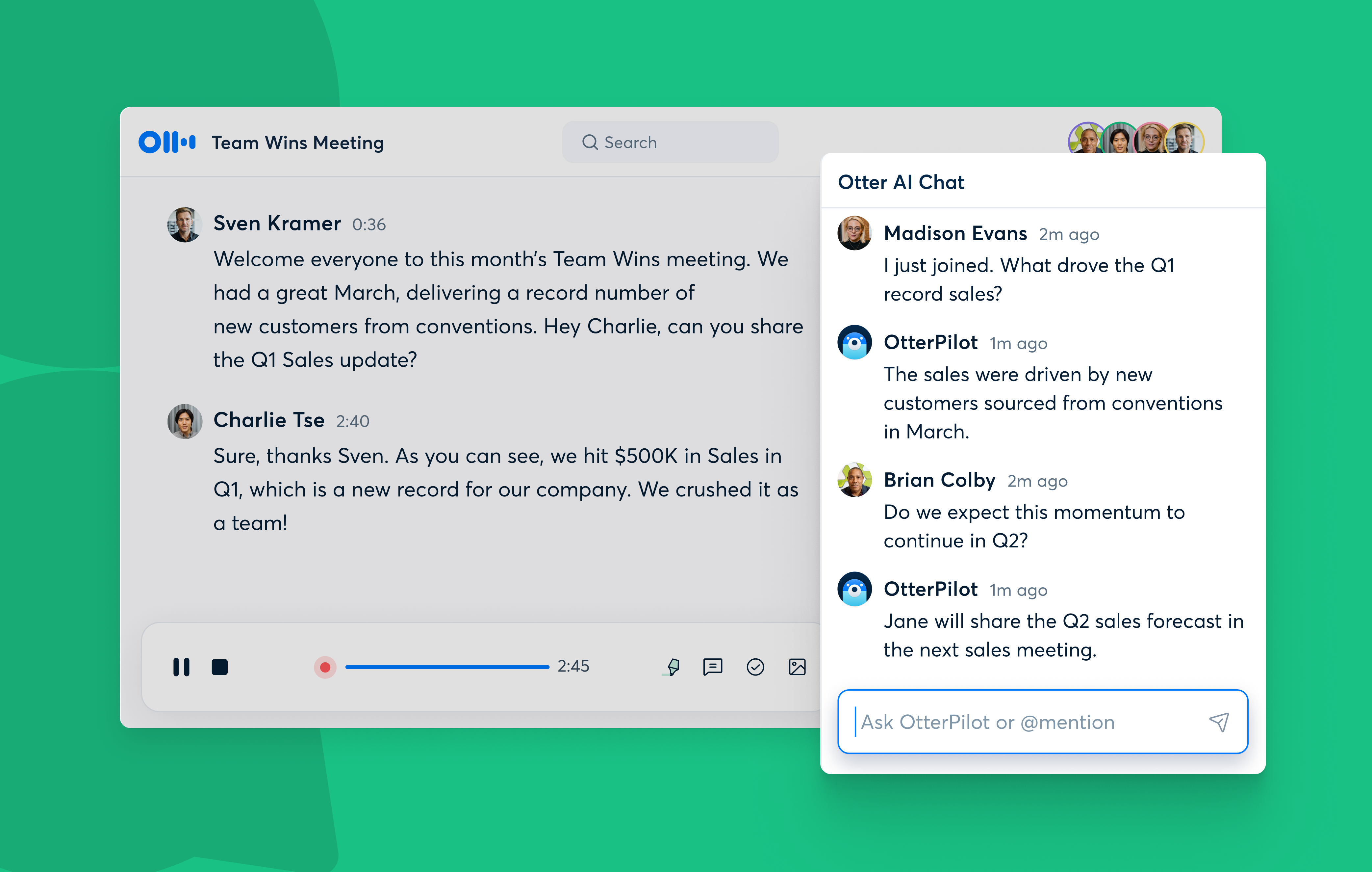
Otter.ai has announced a new AI collaboration tool that acts as a virtual meeting participant, providing users with live insights, summaries, and contextualized content.
With Otter AI Chat, the firm will provide customers with generative AI insights into meetings as they happen, in addition to the live transcription services for which the firm has become known.
Users can ask the AI assistant to bring them up to speed on what has already been discussed in a meeting, ask for more detail on a specific topic or term within the context of a call, or have it produce action points based on a meeting’s outcome.
The tool can be brought into calls on Zoom, Microsoft Teams, and Google Meet as a virtual participant with inputs sent through each service’s chat function.
In addition to its summarization capabilities, Otter AI Chat can also generate text and provide advice based on the context of a meeting.
In a demo, the tool was asked to evaluate whether a candidate in a mock interview would make a good product manager, and then produce an email thanking the candidate and providing feedback on the interview.
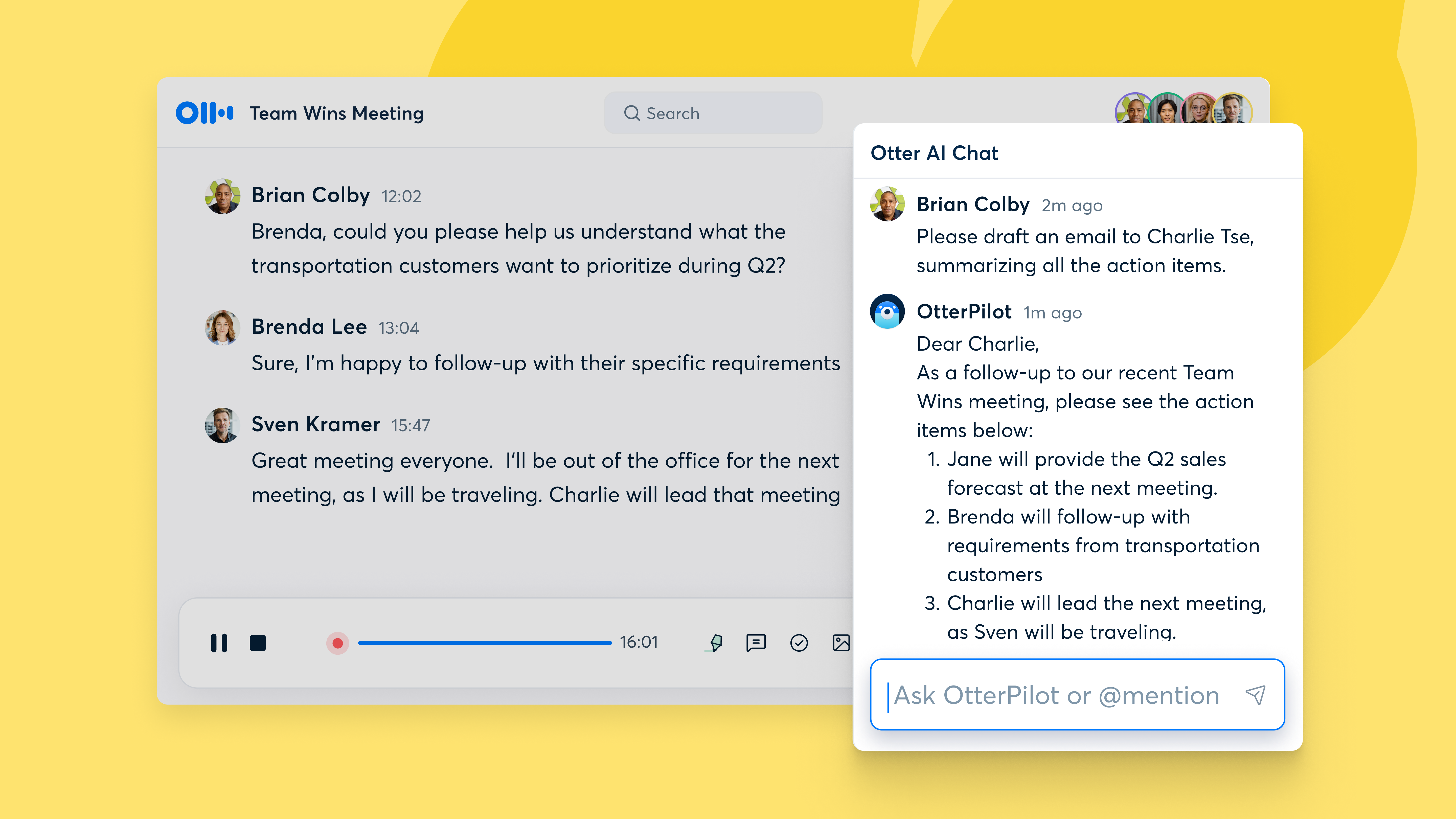
After a meeting has finished, users can go back to any conversation within the platform and ask Otter AI Chat further questions based on that conversation.
Sign up today and you will receive a free copy of our Future Focus 2025 report - the leading guidance on AI, cybersecurity and other IT challenges as per 700+ senior executives
With the announcement, Otter.ai has joined a number of other prominent AI companies in the space of productivity and collaboration tools.
Google’s Duet AI and Microsoft’s Copilot can provide summarization within their respective environments and generate enterprise content in a range of modes, while both companies also offer chat functionality through Bard and OpenAI’s ChatGPT respectively.
Richard Ward, chief design officer at Otter.ai told ITPro that there is a clear line between the data on which services such as Bard and ChatGPT were trained, and the data that Otter AI Chat uses to form its responses.
“[ChatGPT] is scraping text from the internet, very general public data, whereas our large speech language model is taking data like this, like you and I are talking about now,” Ward said.
“It's very unstructured, very dynamic, verbal communication. And we think that’s a very different perspective in terms of public written data in ChatGPT.
RELATED RESOURCE
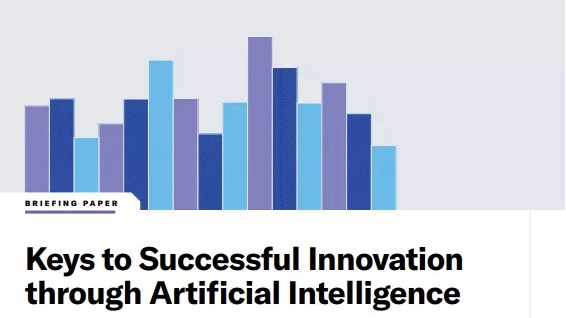
Keys to successful innovation through artificial intelligence
The keys to overcoming the challenges that businesses commonly face when attempting to implement AI and ML
“Our data is speech and verbal communication, principally in a work environment for enterprise. So most of our conversations that have been part of our large speech language model are more anchored in the enterprise space rather than public information.
Ward also called the user experience of other generative AI chatbots “linear”, in the sense that they can only be interfaced with in a one-to-one manner with another user.
“Although that’s really powerful, we think it could be yet more powerful if that's more of a group dynamic,” he said.
Otter AI Chat can be accessed by all users in a conversation, either during a meeting or at any point afterward. All participants will be able to see Otter AI Chat inputs and outputs, and the company hopes that this will allow teams to use it more collaboratively.
“First and foremost, we see it as a communication and collaboration tool for teams,” Ward said, but indicated that Otter.ai sees potential for this to be used as a powerful information tool down the line.
“If I'm a CEO at a FTSE 100 company, the ability to have visibility to all conversations or meetings that are happening across our company and be able to, with different permission levels, understand the pulse of the organization… that's longer term, but for sure, I think that's very interesting.”
In March, the firm launched its first AI assistant OtterPilot, which can join a video call to provide automatic meeting notes and provide an overall final summary. Otter AI Chat will be released as part of OtterPilot to integrate with customers’ existing stacks.
Unlike tools such as Microsoft 365 Copilot, which can use metadata from across an enterprise’s estate to inform its outputs, each instance of OtterPilot can only draw on the data within its assigned conversation.
Ward revealed that Otter.ai is interested in widening this scope down the line, but that this would only ever pertain to OtterPilot being able to draw on other conversations saved in Otter such as two meetings with the same participants held a month apart.
“We wouldn't be mining Slack channels and email, we're very much keeping it to the Otter platform,” he stated.
“But what's nice about the Otter platform is that it's agnostic, so if your next meeting is on Google Meet, you can use Otter across Zoom, Google Meet, and Microsoft whereas Copilot is just for Microsoft.”
The tool is accessible via the Otter.ai web app, as well as its iOS and Android apps.
Otter.ai has been working with AI for more than five years, with efforts primarily focused on its own proprietary speech recognition and summarization model. Ward told ITPro that the firm’s training models only use customer data to improve on an opt-in basis.
The firm’s tech has now transcribed more than a billion meetings for an overall total of twenty billion minutes.
While ChatGPT and Bard use text scraped from the internet, Otter.ai's language model is trained on unstructured, verbal communication.
At launch, Otter AI Chat will support written prompts entered directly into the chat window of a meeting.
Later this year the firm aims to roll out verbal prompts to Otter AI Chat, which will provide another way for meeting participants to access the assistant’s functions without having to break the flow of a meeting at all.
At the time of writing, Otter can only transcribe the English spoken word.
Ward told ITPro that although further language and accent support is not currently a high priority, it is something the company could look into down the line, as it looks to serve its growing customer base.

Rory Bathgate is Features and Multimedia Editor at ITPro, overseeing all in-depth content and case studies. He can also be found co-hosting the ITPro Podcast with Jane McCallion, swapping a keyboard for a microphone to discuss the latest learnings with thought leaders from across the tech sector.
In his free time, Rory enjoys photography, video editing, and good science fiction. After graduating from the University of Kent with a BA in English and American Literature, Rory undertook an MA in Eighteenth-Century Studies at King’s College London. He joined ITPro in 2022 as a graduate, following four years in student journalism. You can contact Rory at rory.bathgate@futurenet.com or on LinkedIn.
-
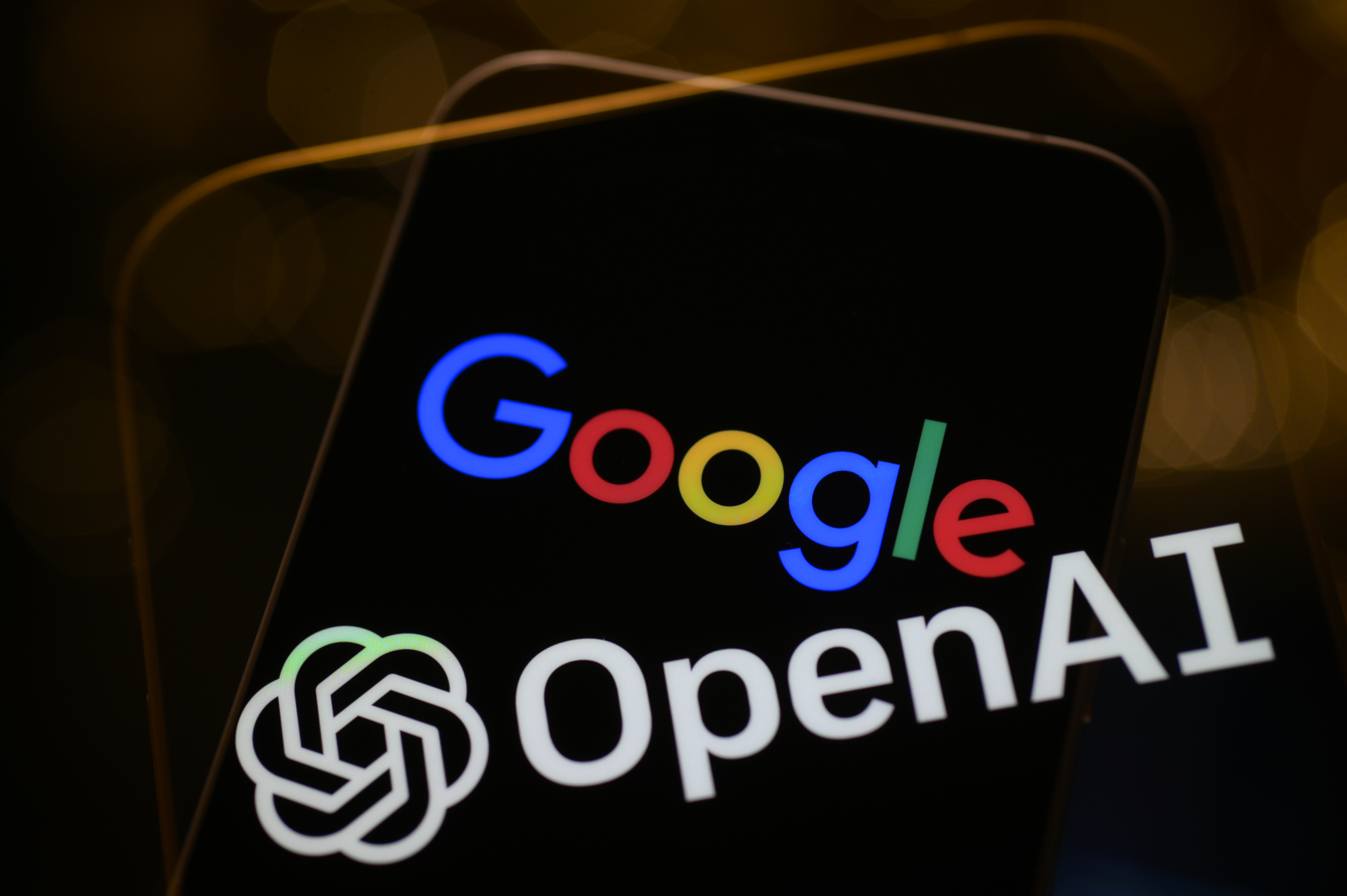 Big Tech AI alliance has ‘almost zero’ chance of achieving goals, expert says
Big Tech AI alliance has ‘almost zero’ chance of achieving goals, expert saysNews Companies like Microsoft, Google, and OpenAI all have competing objectives and approaches to openness, making true private-sector collaboration a serious challenge
-
 Slack says automation can save every employee a month of work per year
Slack says automation can save every employee a month of work per yearNews Research from Slack found that workers believe generative AI tools will revolutionize productivity
-
 Generative AI has left the metaverse in the dust
Generative AI has left the metaverse in the dustOpinion Generative AI demonstrating tonnes of business use cases only serves to highlight the hopelessness of the metaverse
-
 Meta's earnings are 'cause for concern' and 2023 looks even bleaker
Meta's earnings are 'cause for concern' and 2023 looks even bleakerAnalysis Calls for investor faith in metaverse tech only emphasise the worries that its investment strategy won't pay off
-
 Seven steps to keeping metaverse meetings safe and secure
Seven steps to keeping metaverse meetings safe and secureIn-depth There are practical measures you can take to keep virtual meetings productive, safe and ethical as your team embraces VR-powered spaces
-
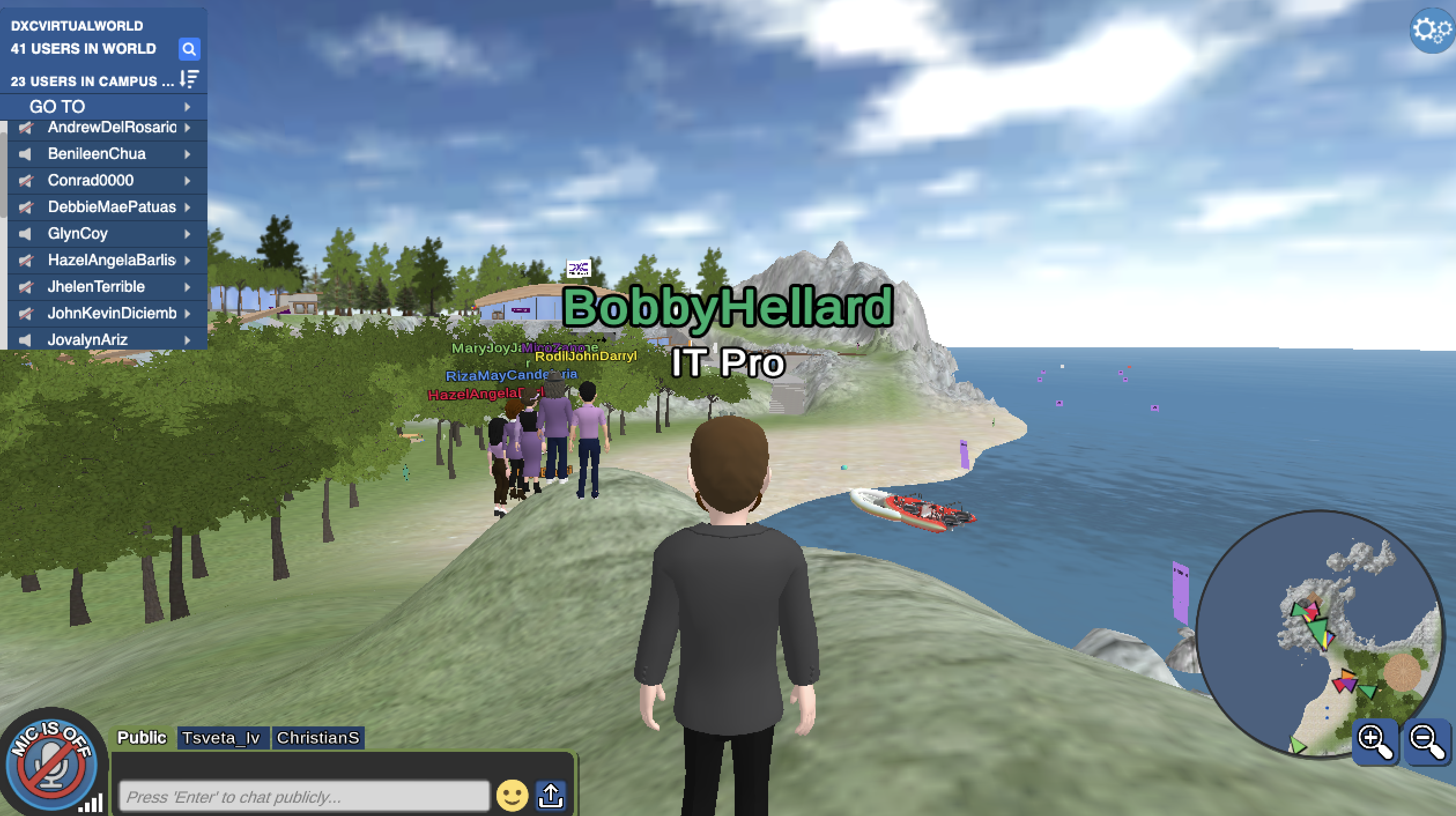 Into the metaverse: Everything we learned from our virtual tour
Into the metaverse: Everything we learned from our virtual tourOpinion Constant distractions – and not much collaboration – make it hard to see the business use cases
-
 Why Honest Burgers is proud to ditch email
Why Honest Burgers is proud to ditch emailCase Studies Employees have embraced Workplace from Meta, allowing the restaurant chain to streamline comms and build chatbots for training
-
 Wi-Fi 7 and XR to set the agenda at MWC 2022
Wi-Fi 7 and XR to set the agenda at MWC 2022Opinion The return of MWC makes for a welcome break from covering international events from the kitchen table

